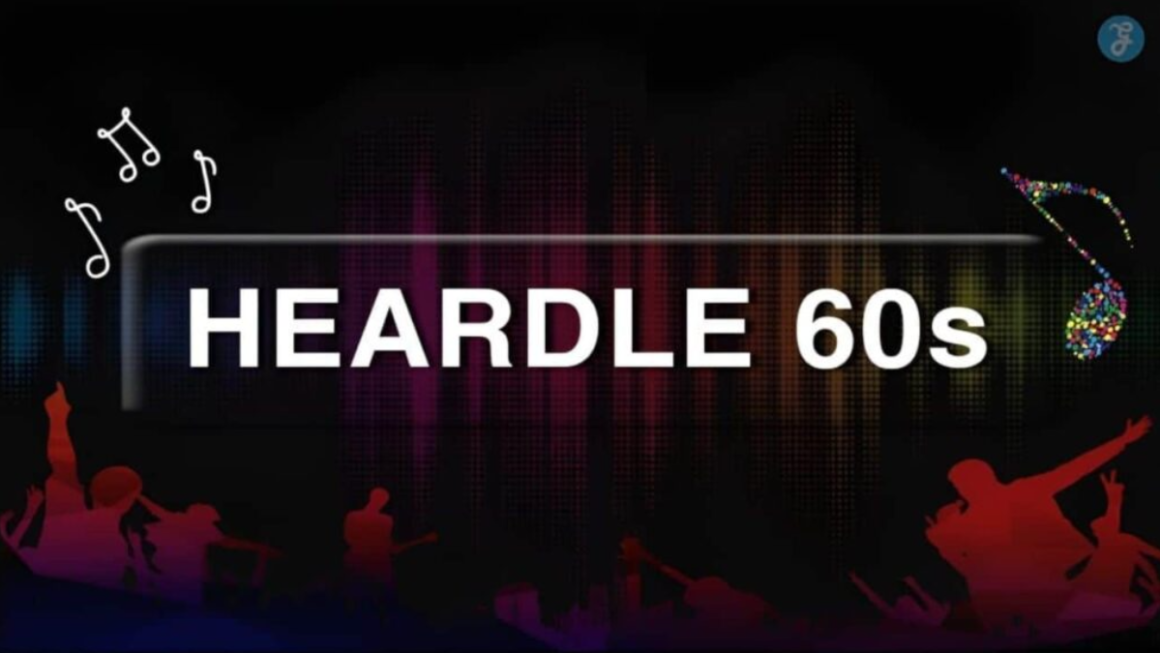Throughout history, the concept of the ancient hero’s aspect has evolved, shaped by culture, time, and societal values. Heroes have been celebrated in stories, myths, and legends, embodying the ideals and aspirations of their people. This article explores the “Ancient Hero’s Aspect,” delving into what constitutes a hero in ancient civilizations, the characteristics that define them, and their enduring legacy in contemporary culture. We’ll also examine various heroes from different cultures, dissecting their narratives and what they reveal about the societies that produced them.
The Definition of a Hero in Ancient Times

To understand the ancient hero’s aspect, we must first define what a hero is. In ancient cultures, heroes were often individuals of extraordinary strength, courage, or moral fortitude who performed great deeds, frequently at great personal risk. They were often portrayed as larger-than-life figures capable of defying gods, monsters, or immense odds. Their stories served not just to entertain but also to convey moral lessons, reflect societal values, and provide a sense of identity and belonging.
Characteristics of an Ancient Hero
The characteristics of ancient heroes vary across cultures, but some common traits define them universally:
- Bravery and Courage: Ancient heroes often faced daunting challenges, from battling mythical creatures to embarking on perilous quests. Their bravery inspired others and set a standard for courage within their communities.
- Noble Lineage or Divine Parentage: Many heroes were born of noble lineage or had divine ancestry, which set them apart from ordinary people. This lineage often justified their exceptional abilities and marked them for greatness.
- A Quest or Journey: ancient hero’s aspect typically embarked on significant journeys or quests, often seeking to achieve something monumental or to restore balance to their world. This quest became a vital aspect of their identity and narrative.
- Flaws and Vulnerabilities: While ancient heroes were often celebrated for their strengths, they also displayed human flaws. These vulnerabilities made them relatable and emphasized their journey toward growth and self-discovery.
The Role of Myths and Legends
Myths and legends were crucial in shaping the perception of ancient hero’s aspect in ancient times. They served as vehicles for cultural values and beliefs, encapsulating the essence of a society’s identity. Through storytelling, heroes could be immortalized, their deeds recounted across generations, and their moral lessons ingrained into the fabric of society. This storytelling tradition allowed cultures to pass down wisdom and knowledge, ensuring that the hero’s aspect remained a significant part of their legacy.
Heroes Across Cultures: A Comparative Analysis
Exploring the ancient hero’s aspect of various ancient cultures provides a broader understanding of the hero’s aspect. While the core characteristics may remain consistent, each culture infused its heroes with unique traits and narratives that reflect its values and beliefs.
Greek Heroes: The Archetype of Heroism
In ancient Greece, heroes like Heracles (Hercules) and Achilles became synonymous with strength and bravery.
- Heracles: Known for his incredible strength and twelve labors, Heracles epitomized the struggle against insurmountable odds. His quests not only showcased his physical prowess but also his resilience in facing punishment from the gods. This duality—strength coupled with suffering—made him a complex figure, reflecting the Greek belief in the balance of fate and free will.
- Achilles: Another iconic figure, Achilles was celebrated for his martial prowess in the Trojan War. His story reflects themes of honor, pride, and mortality. The concept of the “Achilles’ heel” emerged from his narrative, symbolizing that even the mightiest heroes have vulnerabilities.
Greek heroes often embodied the ideals of arete (excellence) and kleos (glory), serving as models for virtue and honor in society. Their tales emphasized personal honor and the pursuit of glory through noble deeds.
Mesopotamian Heroes: Epic of Gilgamesh
In Mesopotamia, the Epic of Gilgamesh offers insight into the hero’s aspect in ancient Near Eastern culture.
- Gilgamesh: As a demigod and king of Uruk, Gilgamesh possesses both extraordinary strength and human flaws. His quest for immortality reveals a deep existential struggle against the inevitability of death, resonating with universal human fears. Throughout his journey, Gilgamesh learns the value of friendship, humility, and acceptance, showcasing a more introspective side of heroism.
The epic reflects Mesopotamian values of kingship, friendship, and the human condition, establishing Gilgamesh as a prototype for the hero who seeks not just glory, but wisdom and understanding.
Norse Heroes: Tales of Valor and Sacrifice
In Norse mythology, heroes like Sigurd and Beowulf exemplified courage and sacrifice in the face of monstrous threats.
- Beowulf: The hero of the Old English epic, Beowulf battles the monster Grendel, Grendel’s mother, and later, a dragon. His journey illustrates the importance of loyalty, honor, and bravery. Beowulf’s character arc—from a young warrior to a wise king—highlights the growth that comes with experience and responsibility.
- Sigurd: In Norse tales, Sigurd is known for slaying the dragon Fafnir. His story incorporates elements of fate and destiny, showcasing the tension between personal choice and preordained outcomes. Sigurd’s adventures reveal themes of vengeance, loyalty, and the quest for glory, making him a quintessential Norse hero.
Norse heroes often faced overwhelming odds and embraced the inevitability of fate, embodying a sense of valor that resonated with their warrior culture.
The Hero’s Journey: A Timeless Framework
Joseph Campbell’s concept of the “Hero’s Journey” provides a framework for understanding the common patterns in hero narratives across cultures. This monomyth outlines stages that heroes typically undergo in their quests, making it a useful tool for analyzing ancient heroes.
The Call to Adventure
The hero’s journey often begins with a call to adventure, drawing the hero away from their ordinary world. This call can be a challenge, a quest, or a personal crisis that demands the hero’s intervention. For instance, in Homer’s Odyssey, Odysseus is called to return home after the Trojan War, setting off on a journey filled with trials and tribulations.
Crossing the Threshold
Once the hero accepts the call, they must cross a threshold into the unknown. This stage often involves leaving behind their familiar world and venturing into a realm filled with challenges and uncertainties. Gilgamesh’s departure from Uruk to seek immortality exemplifies this transformative stage.
Trials and Tribulations
Throughout their journey, heroes encounter various trials and tribulations that test their strength, courage, and resolve. These challenges often come in the form of adversaries, mythical beasts, or personal struggles. Heracles’ twelve labors exemplify this stage, where each task pushes him to his limits and forces him to confront his vulnerabilities.
The Mentor Figure
Many heroes benefit from the guidance of a mentor, who provides wisdom, training, or magical assistance. In Greek mythology, Athena acts as a mentor to Odysseus, offering support and strategic advice throughout his journey. This mentorship is crucial for the hero’s growth and development.
The Return Home
The hero’s journey often culminates in a return home, where they bring newfound knowledge, wisdom, or treasure back to their community. This return often signifies personal growth and transformation. Beowulf’s return to Geatland after defeating the dragon illustrates this theme of heroism coming full circle.
The Legacy of Ancient Heroes
The influence of ancient heroes extends far beyond their time, shaping literature, art, and culture for centuries to come. Their stories resonate with universal themes of bravery, sacrifice, and the struggle for identity, providing insights into the human experience.
Inspiration for Modern Heroes
Ancient heroes continue to inspire modern interpretations of heroism in literature and film. Characters like Superman and Wonder Woman draw upon the archetypal traits of ancient heroes, embodying ideals of strength, justice, and moral integrity. The narratives of modern superheroes often echo the struggles faced by their ancient counterparts, highlighting the timeless nature of heroism.
Cultural Reflection and Identity
The legacy of ancient heroes also serves as a mirror reflecting the values and ideals of contemporary society. By studying these heroes, we gain insights into how cultures define bravery, virtue, and morality. In times of crisis, modern society often looks to heroic figures—real or fictional—for guidance and inspiration, reinforcing the enduring relevance of hero narratives.
The Evolution of Heroism
The concept of heroism has evolved significantly over the centuries, adapting to the changing needs and values of society. While ancient heroes were often defined by physical prowess and bravery, modern heroes may be characterized by qualities such as empathy, resilience, and the ability to inspire change. This evolution illustrates the adaptability of the hero’s aspect, allowing it to remain relevant in contemporary discourse.
Conclusion: The Eternal Aspect of the Hero
The “ancient hero’s aspect” is a rich and multifaceted concept that transcends time and culture. From the heroic feats of Heracles and Achilles to the existential struggles of Gilgamesh, ancient heroes encapsulate the values and ideals of their societies. Through their stories, we find not only entertainment but also valuable lessons about courage, sacrifice, and the human experience.
As we navigate our modern world, the legacy of these ancient heroes continues to inspire us, reminding us of the potential for greatness within each of us. Whether we seek to emulate their strength, learn from their flaws, or draw upon their wisdom, the ancient hero’s aspect remains a vital part of our cultural heritage. Embracing this legacy allows us to recognize the hero within ourselves and in those around us, fostering a sense of hope and resilience in an ever-changing world.



